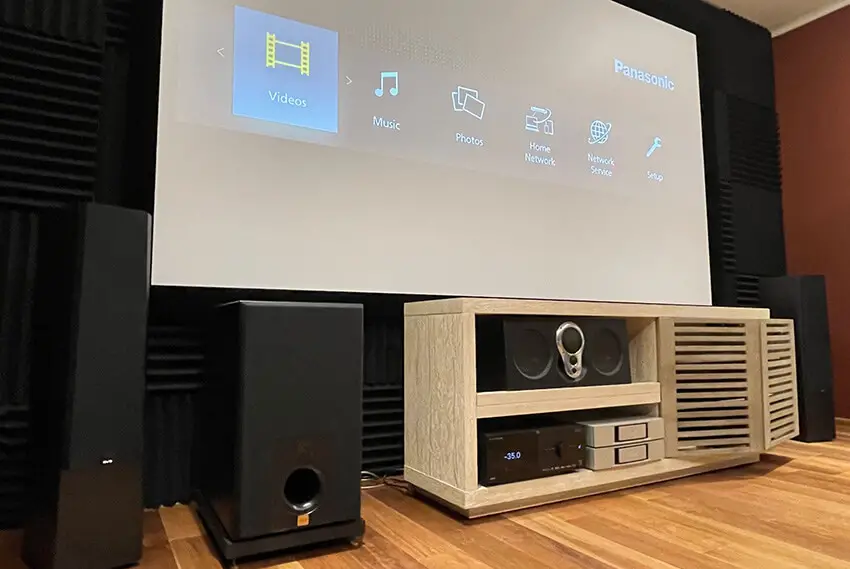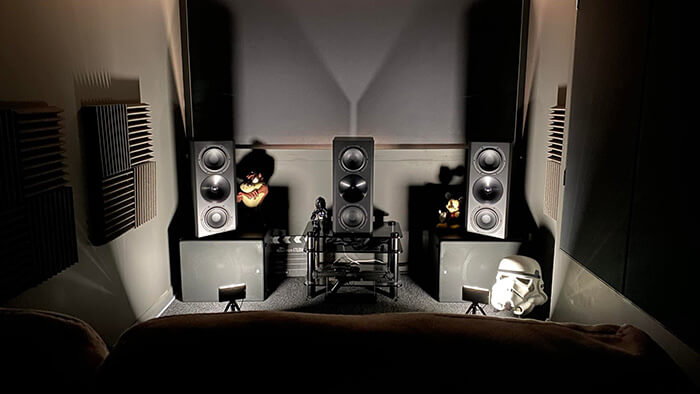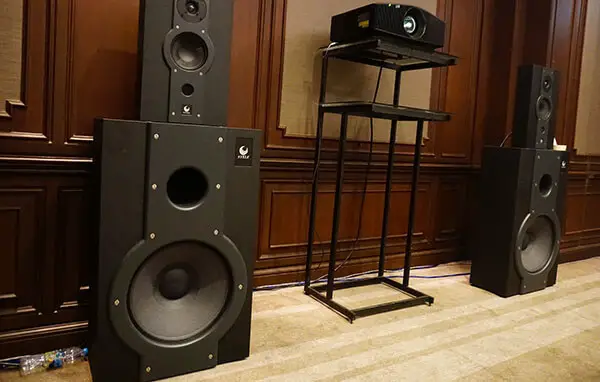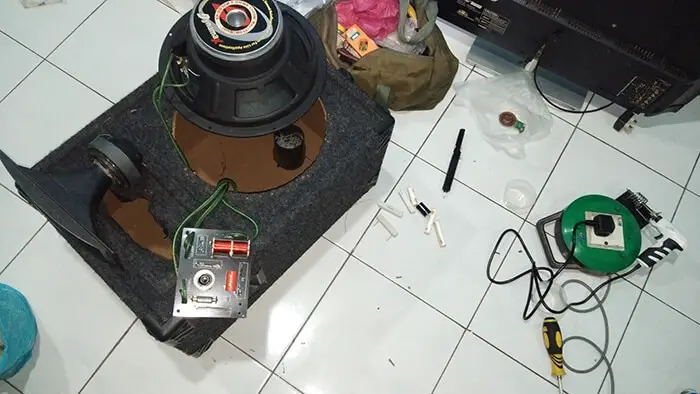Static sound from speakers can be fixed by properly configuring the cables. Apart from that, some other precautions can be taken in order to permanently remove it from your speaker when muted. There can be many reasons that can introduce static sound into your speakers.
Usually, static noise is created by your device while amplifying a sound. Static refers to an electric noise that will create a disturbance while listening. The sound can be a buzzing sound, a whipping sound, and so on.
Different Kinds of Static Noise
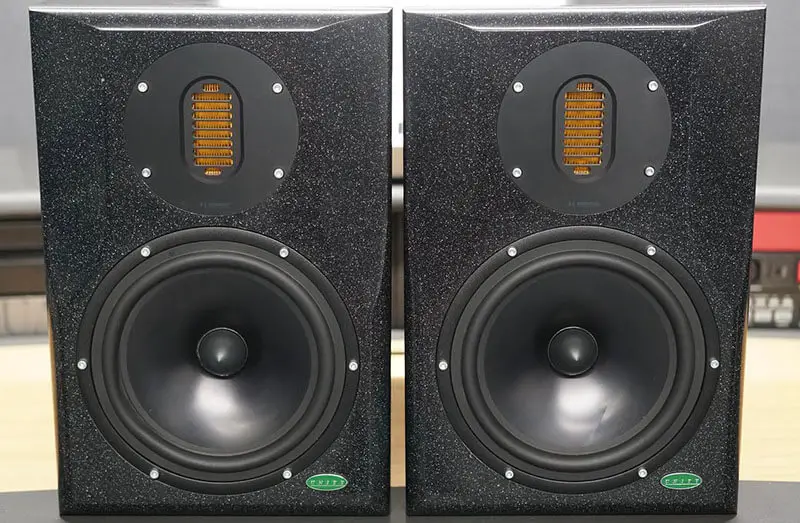
There can be many kinds of static noise available. Most commonly, buzzing noise is heard. Each of the sound types has a different nature. The intensity of these noises are distinct. Usually buzzing noise has the most intensity. The most types of noises are:
- Buzzing noise – range in between 400-600 DB
- Impulsive noise- range in between 350-550DB
- Intermittent noise- range in between 250-750DB
- Vibratory noise- ranges between 350-650DB
- Cracking noise- range in between 450-750DB
Whenever you hear such kinds of noises, then you have to make sure whether any static sound is generated or not. Apart from these, some other kinds of sounds can also be heard. Most speakers generate this sort of sound. Not all sounds are always heard.
In most cases, the buzzing is mostly heard when the speaker is muted. Apart from that, if the intensity of the noise is too high, you might hear a cracking noise. Apart from that, vibratory sounds are mainly heard when the ground loop is not working properly. So, based on different criteria, you can hear any sort of noise.
Wires, connectors, and dust are typically the sources of most static noises. The current or signals may interfere with the sound of the speaker cable’s internal wires are broken or loose. Similarly to this, a dirty port can regularly impede or break the connection. As a result, the speaker will make static noises as soon as you connect it.
Types of Speakers Affected by Static Noise
Speakers are usually divided into four types. The 4 types can be mentioned as:
- Traditional loudspeakers
- Soundbars
- Subwoofers
- In-ceiling speakers
The static sound usually hampers all the speakers on a different level. Usually, the most affected speakers are the traditional loudspeakers, along with the subwoofers. The other two types of speakers are not as affected as the previous one.
The effects upon these speakers are listed below with a short description. You need to have a look at the below-mentioned points.
- Longevity is a key factor when we are talking about Static noise. The lifetime of speakers can be reduced with the introduction of static.
- Amplifying modules can be seriously affected. Due to this factor, you can hear the maximum amount of noise due to this factor.
- The quality of the sound can be degraded due to the invention of static.
- The performance of speakers can be slowed down. As a result, starting of BIOS can be delayed along with switching from one option to another can also be delayed.
Apart from that, some other issues can arise for that reason. All the previously mentioned issues are found on more or less every device. Early symptoms should be examined properly to find out what is happening inside the device.
6 Major Reasons Behind Static Noise From Speakers
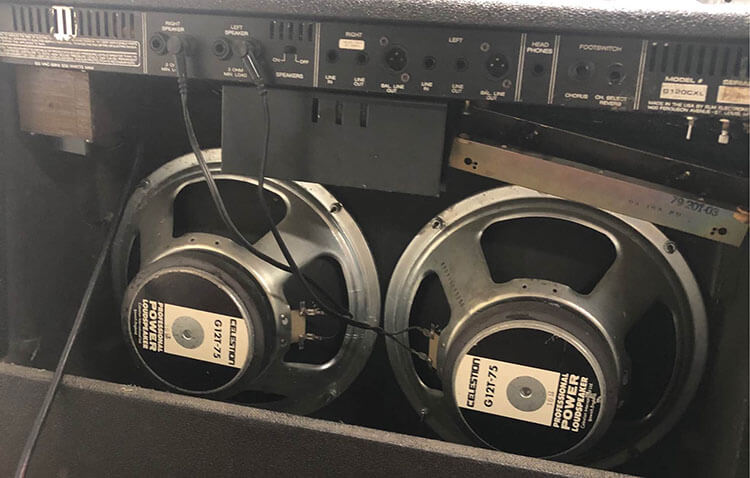
As I mentioned earlier, “static” means one type of electric noise that is invented while amplifying a sound. Interference within a signal can also be referred to as “static noise.” When one electromagnetic wave overlaps with another, then a static sound arises.
Some of the major reasons behind static sounds are elaborated on by me in the following section. Have a proper idea from the following section what are the main reasons behind this issue.
1. Dirty Electromagnetic Cables
This is the primary reason for the creation of static sounds. When the cables are not properly installed, waves are overlapped. Overlapping waves create distortion which allows different types of static noise to occur.
2. Problems With Ground Loop
The ground loop is used to escape the unnecessary current from the system. When the extra current is not escaped properly, then the distortion is introduced within the device. If there exists a problem in the ground loop, then you need to fix this as soon as possible.
The reason for this is that occasionally an audio transmission will generate current fluctuations in other devices or inside cable cables, which then causes noise to be amplified by your speaker system.
You need to check whether multiple pieces of equipment are connected or not. If the answer is yes then you have to make sure the ground loop should be maintained properly.
3. Dirty pieces of equipment Inside the Speaker
The dirt inside the equipment is another issue for creating static noise in the device. Due to the presence of dirt, electric waves can not pass properly. This usually happens when the dirt is a diamagnetic material.
So, you need to check whether a larger amount of dirt exists within the system or not. You have to clean the device after a certain amount of time. This is how you can ignore the static sound from your device.
4. Problems With The Speaker Cones
When the cones of your speaker are damaged, interference is introduced. As a result, the buzzing is heard. The cones need to be properly shaped in order to ignore any kind of static noise issues.
When you are facing such issues, you need to fix the cones of your device immediately. There are some easy tricks available to solve this issue. Though problems with cones are very rare with the advancement of technology,
Most renowned brands are too serious to ignore such issues. Yet, you need to check the system if you hear such problems. Follow the manual if necessary.
5. Electric Connections Are Problematic
This is the first thing you need to do. You must maintain proper electric connections in order to survive this problem. Usually, people think about costs and do not install proper sockets. Proper sockets allow for no interference.
Whenever sockets are not proper, unwanted current enters the system. As a result, the ground loop can not handle such issues. Static noise is usually created from this place. You need to make sure your sockets are top-notch and do not allow any kind of interference.
6. Problems With the Ports:
When the ports of your speaker are dirty, then you might hear static noise from your device. You need to have a look at the ports after a certain period of time. This is one of the major causes of creating interference. When the interference increases then there are chances that you will face static noise issues.
How To Get Rid of Static Noise
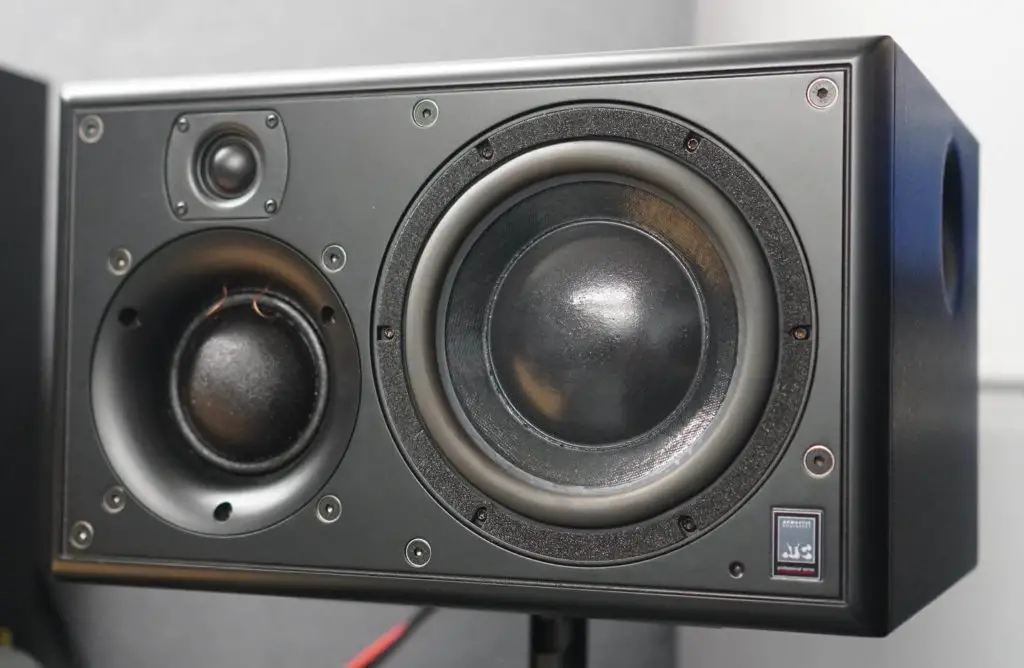
Perhaps you would not like an interruption while listening to something important. That is why you need to get rid of this problem. When the noise appears right after plugging in the speaker but before playing any music, it becomes even more annoying.
Most often, the audio signal itself is interfered with or disturbed, causing static noise, in the cable that transmits sound. There are, however, a number of additional reasons why you might hear the sounds.
You already have gone through the effects of static noise. To keep your speakers healthy, you need to follow some instructions. After much experience, I am advising you to follow the below steps.
- Keep a regular update on the driver: When the driver is not updated properly then there are chances of the creation of static noise. You must keep an updated driver. The updated driver will allow you to keep all the settings up to date. On a continuous basis, you will get notifications for drive updates. You should take necessary steps then. The update for the drive is usually distinct for different operating systems.
- Check the CPU or Power supply on a regular basis:. Maintain these modules properly. Static noise sometimes comes due to the problematic nature of CPU and power supply.
- Change the Direction of the current: Frequently change the format of the audio current flow direction. That allows it to ignore creating any sort of ground loop.
- USE Troubleshooter: Whenever you face a problem, take the help of the troubleshooter. Follow the instructions provided by the troubleshooters and many necessary steps.
- Use Preferred Settings: Maintain the proper settings recommended by the brand. They suggest the best for the users. So, you should follow their recommended settings properly. Except that, you might find it difficult to fix this.
- Check the Cables Properly: Make sure no wires are torn or disconnected. Whenever you are watching a cable break, you need to change it as soon as possible.
- Metal Issue: Make all the cords work as much as you can. You must maintain the cords properly. Sometimes due to the attachment of the incompatible metal this issue can arise.
- Double Check the Settings: recommended settings and make the space of creating static noise when muted. Make sure the settings are properly blended.
- Use the Speaker to Another System: You need to do this frequently whenever you first encounter this problem. The speaker should be connected to another system in order to understand if the problem persists there or not.
- Observe the introduction of the noise: You need to observe when the sound arises at first. If you hear it when music is playing, there can be issues with software, the media clip, or even the sound settings.
As mentioned earlier, static sounds are usually created when muted. Different types of operating systems face this issue. The procurement for each of the operating systems can be a bit different. But more or less, they follow an almost similar path in order to recover the system.
The mentioned steps will help you to recover your speaker from any stage. These tricks are efficient for assuring not to create any ground loop. The interference of the electrical signals will reduce significantly.
FAQ
Why Does My Speaker Buzz When Nothing Is Playing?
There can be significant reasons available behind this section. But I would like to mention two main things behind this. One is the bad cabling of the audio speakers.
Another reason is that there is more than enough audio electricity circulating inside the loop. These are the main reasons why your speaker buzzes when nothing is playing. They also have a vital part on static from speakers even when muted.
Does Static Noise Damage Speakers?
Obviously, the static noise generated by the electricity damages the speaker. Based on the intensity, the process can be faster or slower. You need to monitor the situation continuously.
A faulty audio connection connecting to the amplifier is one of the two main reasons for a constant humming or buzzing, or Through an audio wire and into the amplifier, electrical noise is being sent.
Maintain all the necessary steps previously mentioned here so that you can keep your speaker safe.
Conclusion
Static noise can be harmful to your devices. You need to take all the necessary precautions in order to avoid this issue. Apart from that, I recommend checking your device on a regular basis in order to keep the speaker safe.
You need to clean the ports on a regular basis in order to ignore the problem. Follow the instructions provided by me here then there won’t be any further issue.
